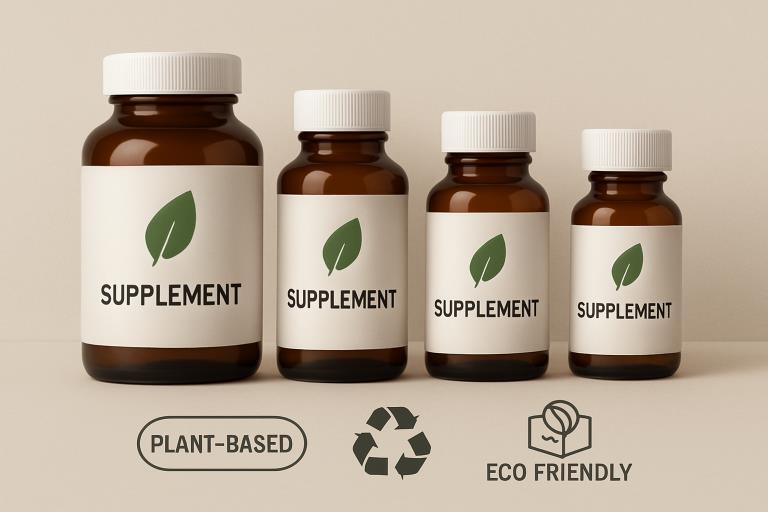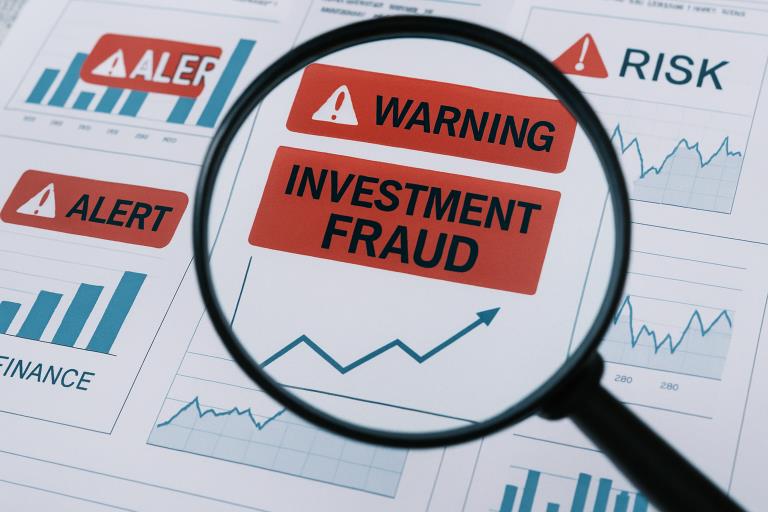Now Reading: The Future Of Private Label Supplements: Trends And Consumer Insights
-
01
The Future Of Private Label Supplements: Trends And Consumer Insights
The Future Of Private Label Supplements: Trends And Consumer Insights

Key Takeaways
- Private label supplements are gaining traction due to increasing consumer interest in health, wellness, and customization.
- Transparency, clean-label ingredients, and advanced delivery formats are shaping the future of the supplement industry.
- Consumer education and digital trends continue to drive growth and opportunity.
- Companies are responding to shifting demands by innovating in both formulations and sustainable packaging.
Rising Demand For Private Label Supplements
The surge in consumer interest in wellness, immune support, and preventative healthcare has propelled the private label supplement market into mainstream awareness. Today’s health-conscious buyers are driving demand for high-quality, effective, and affordable nutritional products. This evolution is not just anecdotal—market research forecasts indicate the global dietary supplement sector will surpass $230 billion by 2027, reflecting its rapid growth and untapped potential. Manufacturing advancements, such as those offered through vitamin manufacturing by Makers Nutrition, are key for brands seeking to capture market share with customized formulations and quick turnaround times.
Private label supplements enable retailers and entrepreneurs to quickly enter the wellness market by creating customized product lines tailored to consumer preferences. Unlike legacy brands, private labels are more agile, able to update product offerings to align with emerging health trends and unique market needs. This adaptability, paired with lower cost structures and high perceived value, has led to a surge in store-brand supplement sales in grocery chains, online platforms, and boutique wellness stores.
Key Market Trends Shaping The Sector
Traceability, clean-label commitments, and consumer demand for transparency are now baseline expectations in private label supplements. Customers are becoming increasingly aware of the source of ingredients, ethical practices, and the science behind health claims. The segment has responded with innovative formats featuring probiotics, adaptogenic herbs, plant-based proteins, and phytonutrient-rich botanicals. According to a recent New York Times article, this spike in ingredient popularity is largely due to credible research and media attention that have emphasized the benefits of supplements.
Technological advances have also paved the way for new delivery systems—such as gummies, functional beverages, and dissolvable powders—designed to enhance absorption and the user experience. These delivery updates not only encourage compliance, but also enable brands to stand apart in a crowded marketplace.
Understanding Changing Consumer Behavior
The pandemic era fundamentally reshaped consumer priorities, spurring intense focus on preventive health and personalized nutrition. Today’s shoppers seek products that address specific needs—such as stress relief, energy, gut health, and sleep—while investigating brands deeply before purchasing. Transparency, authenticity, and verified efficacy are more important than ever, with two-thirds of consumers reporting they would only buy supplements backed by clear sourcing and scientific substantiation.
Shoppers are increasingly relying on online reviews, third-party certifications, and digital health communities for purchasing guidance, elevating the importance of trust-building efforts within the private label sphere. As brands build loyalty through educational content, social proof, and responsive service, they foster long-term relationships that drive recurring sales and positive reviews.
Ingredient Innovation And Clean Labels
The push for ingredient innovation extends beyond avoiding synthetics. Today’s clean label supplements avoid allergens, artificial colors and flavors, GMOs, and unnecessary fillers, focusing instead on transparent, recognizable components. Brands are sourcing potent botanicals, high-purity vitamins, and bioactive compounds to formulate products that resonate with an educated and discerning audience. This commitment to clean labeling is transforming industry standards and meeting the rising expectations of modern wellness consumers. For a closer look at clean label growth and strategy, see the industry overview on NutraIngredients-USA.
Packaging, Sustainability, And Environmental Impact
Environmental responsibility is shaping new expectations for supplement packaging. From biodegradable containers to recyclable bottles and simplified, earth-friendly labels, sustainable packaging is a growing differentiator. Reports indicate that over 60% of supplement consumers are willing to pay more for products packaged with eco-friendly materials, illustrating the significant impact of sustainability as a purchase driver. Brands that prioritize green logistics, reduce plastic use, and have transparent environmental policies are earning trust and loyalty in this evolving landscape—trends spotlighted by major publications such as Forbes.
How Digital Transformation Is Accelerating Growth
Digital transformation is powering the next phase of private label supplements. E-commerce, DTC subscription models, mobile apps, and virtual consultations have reshaped how people discover and purchase supplements, making health transformation the way it is accessible and personalized. Data analytics and artificial intelligence enable brands to spot emerging trends early and create offerings that anticipate consumer needs, minimizing risk and maximizing innovation. These digital tools also facilitate faster product launches and real-time customer engagement—essential advantages in an agile, competitive industry landscape.
Challenges Facing Private Label Brands
Despite this growth, private label supplement brands face significant hurdles. Regulatory complexity—ranging from evolving FDA requirements to varying global compliance standards—demands vigilance. Supply chain disruptions, ingredient shortages, and rising costs present operational risks. Meanwhile, skepticism about the effectiveness and safety of supplements persists, fueled by misinformation and inadequate education. To overcome these barriers, brands must prioritize adequate quality control, invest in supply chain resilience, and launch robust educational campaigns addressing misconceptions and building consumer confidence.
Opportunities For the Future
With market expansion showing no signs of slowing, the future belongs to brands that combine science-driven innovation, transparent practices, and sustainability. By leveraging platforms specializing in private label and vitamin manufacturing as well as investing in digital transformation and clean formulation, companies can set themselves apart. Consumer trust, flexible product development capabilities, and environmentally conscious approaches are central pillars for ongoing success, shaping a supplement sector that is more responsive, ethical, and consumer-focused than ever before.




















